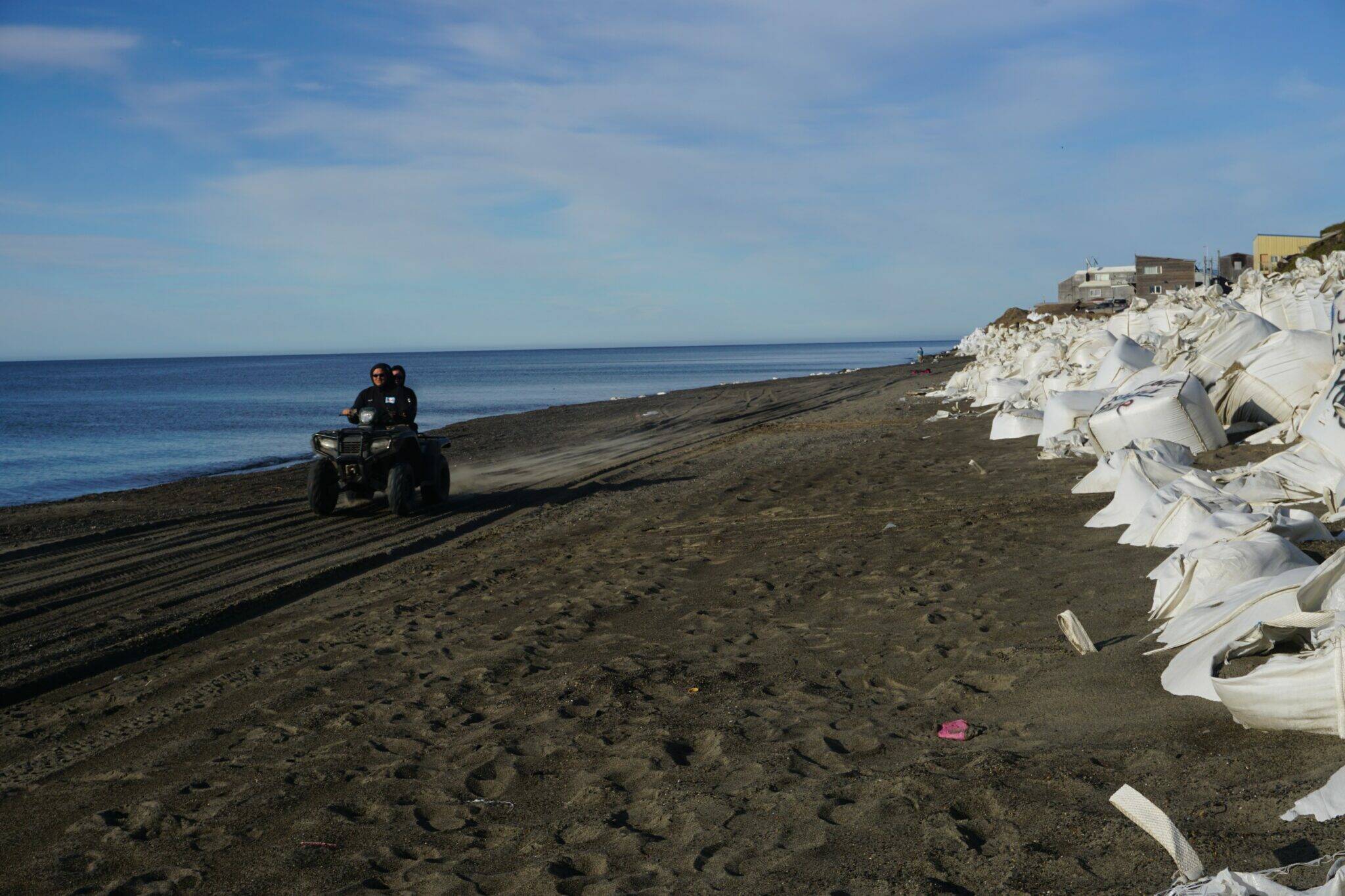Alaskans can now use larger and heavier recreational off-road vehicles on most state land without a specialty permit, a move intended to accommodate the growth of side-by-side off-road vehicles.
In late July, the Alaska Department of Natural Resources issued new general permissions that allow vehicles up to 80 inches wide and up to 2,500 pounds on land managed by the DNR Division of Mining, Land and Water.
Old restrictions, based on the size and weight of a 6×6 Argo, allowed vehicles of up to 1,500 pounds, DNR staff said in an explanation of the change.
Those decades-old limits became obsolete as off-road vehicle manufacturers updated their designs over the years, the agency said.
“Currently, a model of (side-by-side off-road vehicle) may vary in weight depending on upgrades from between 1,000-2,000 lbs.,” the permit decision states.
Under the old system, someone wanting to use a larger off-road vehicle had to apply for a special land-use permit, which typically takes 30 days to get because it includes a public-comment period as well as official agency review.
Most owners of those large vehicles never requested the needed permit, the agency concluded, and the requirement was impossible to enforce.
“DMLW cannot realistically or feasibly enforce that requirement,” DNR said.
That led the agency to begin rewriting its rules last year.
The agency said that “it is not anticipated that implementation … will increase impacts” on state land, though it acknowledged that it doesn’t fully understand the impact that off-road vehicles were already having.
The new rules apply only to vehicles that can’t be licensed for highway travel, and they don’t apply to all state land.
Land that’s part of a state park, in a special-use area, owned by the University of Alaska, controlled by the Alaska Mental Health Trust, or possessed by the Alaska Railroad isn’t covered by the rule change, nor is privately owned land.
Additional permits are still required for crossing streams, for commercial use, and for vehicles above 2,500 pounds when loaded with fuel.
The new “general permit” will be in effect for five years, and the agency characterized the change as temporary, “an opportunity for staff to evaluate the effectiveness of increasing
the weight limit, while also identifying any unintended consequences.”
The agency suggested that it could pursue a permanent regulation change sometime in the future.
• James Brooks is a longtime Alaska reporter, having previously worked at the Anchorage Daily News, Juneau Empire, Kodiak Mirror and Fairbanks Daily News-Miner. This article originally appeared online at alaskabeacon.com. Alaska Beacon, an affiliate of States Newsroom, is an independent, nonpartisan news organization focused on connecting Alaskans to their state government.

